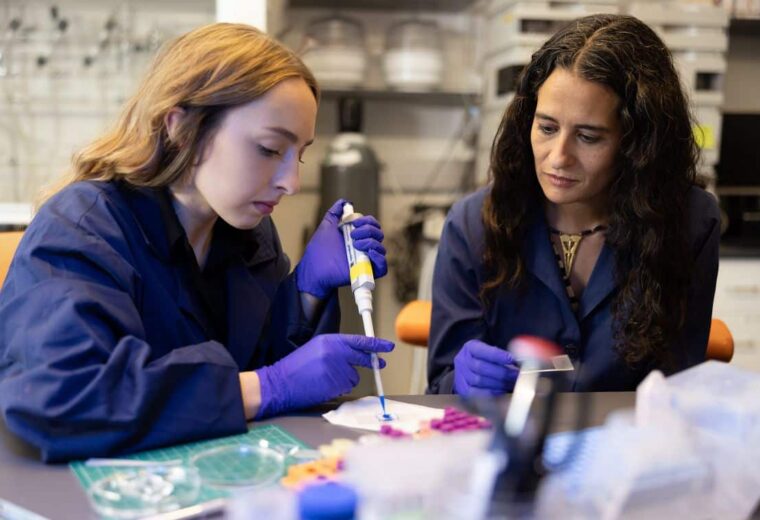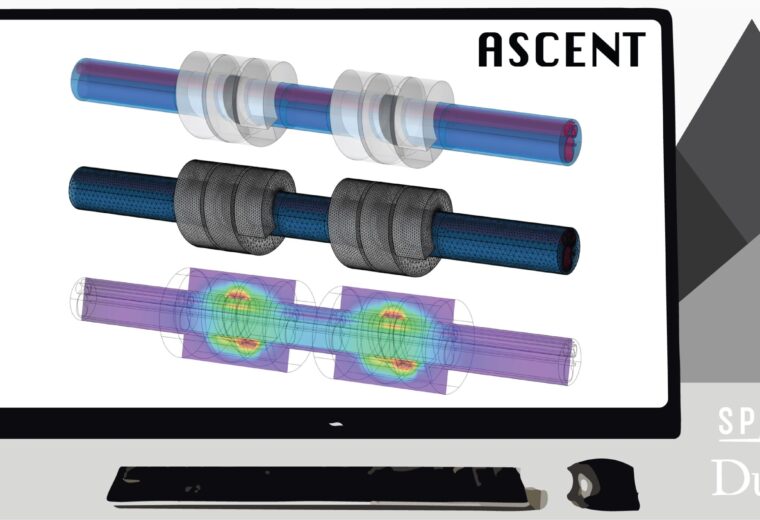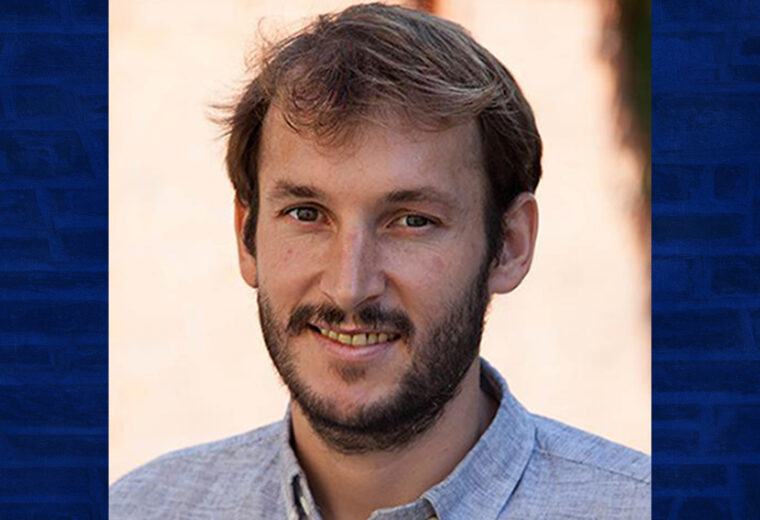
Jessica Shah Selected as Pratt Research Fellow
Shah, an undergraduate student in the Musah Lab, will explore how to create improved models of kidney disease

Shah, an undergraduate student in the Musah Lab, will explore how to create improved models of kidney disease

Viventi, of Duke BME, will optimize electrode arrays to improve neuroscience research, enable better neural prostheses and study epilepsy after brain injury

The faculty recruitment and retention effort, called Duke Science and Technology, will give the university resources to expand core strengths in Duke’s research, extending to nearly every corner of the university.

Wilson receives the state’s highest civilian honor in recognition of his pioneering role in developing cochlear implants

A Q&A with Nobel Laureate Jennifer Doudna

Duke Materials Initiative’s milestone event on polymer networks engages 300+ attendees from 16 nations

Junjie Yao uses light and sound to see deeper into the human body

Marc Sommer develops tools and tactics to illuminate neural pathways across the brain

Between cleaning up ultrasound images, developing non-invasive diagnostic tools and sparking a new subfield of ultrasound imaging, Gregg Trahey, Kathy Nightingale and Mark Palmeri have pushed the boundaries of biomedical imaging

Computational platform allows non-experts to create patient-specific, 3D models of nerves being electrically stimulated

A portable optical tool promises to make surgical planning easier and less invasive for children who need surgery for epilepsy

The National Science Foundation has awarded a five-year, $20 million grant to Duke University researchers to explore and optimize the chemical structure and physical properties of individual molecules in a polymer network.